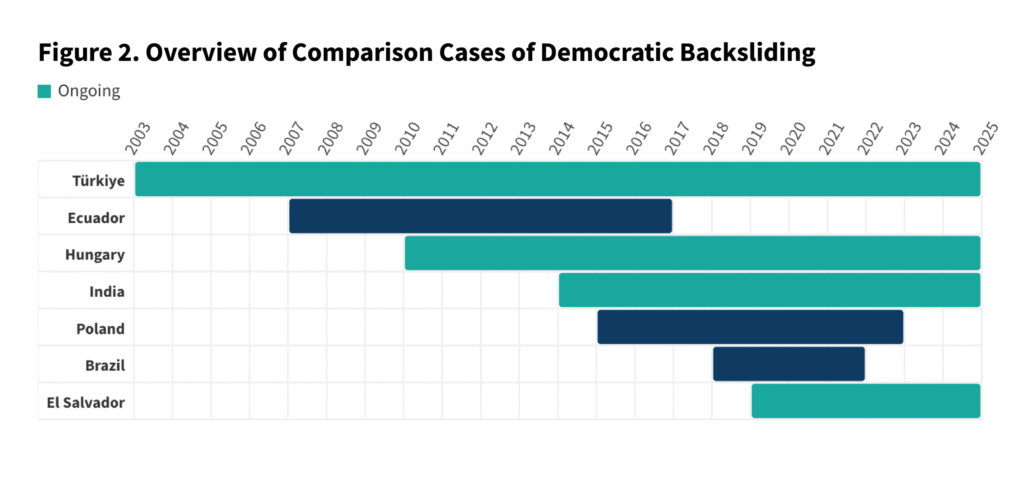A federal judge has temporarily blocked an investigation by the Federal Trade Commission (FTC) into a prominent liberal media watchdog. The decision highlights ongoing tensions between regulatory oversight and the independence of media organizations, raising questions about the scope of government authority.
The FTC media probe targeted the watchdog over alleged practices related to funding disclosures, content promotion, and potential political bias. While the commission claimed the investigation was necessary to ensure transparency and accountability, opponents argued that the probe could infringe on press freedom and chill independent journalism.
The judge’s ruling prevents the FTC from proceeding until further review, citing concerns about overreach and the potential impact on First Amendment protections. Legal experts note that regulatory bodies must carefully balance their oversight responsibilities with constitutional guarantees that protect freedom of speech and the press.
Media watchdogs play a critical role in informing the public, holding institutions accountable, and fostering transparency. Critics of the FTC probe argue that targeting a politically aligned organization could set a concerning precedent, potentially exposing other media outlets to similar investigations based on perceived ideological bias.
The commission has stated that its investigation was designed to examine financial transparency and operational practices, not to target political viewpoints. However, the ruling reflects skepticism from the judiciary about whether the FTC’s mandate extends to evaluating media entities, particularly those engaged in political commentary or analysis.
Observers point out that the FTC media probe comes amid broader debates over media regulation, misinformation, and the role of government in overseeing platforms that influence public opinion. Lawmakers and advocacy groups are divided on how to ensure accountability without undermining press independence.
The decision has significant implications for both the watchdog and the FTC. For the media organization, it provides temporary relief and an opportunity to challenge the probe legally. For the commission, it may require a reevaluation of jurisdictional limits and procedural safeguards when investigating politically active organizations.
Legal analysts highlight that this ruling reinforces the principle that regulatory agencies must operate within clearly defined boundaries. While transparency and accountability are essential, efforts to investigate media organizations must not infringe on constitutional protections or appear politically motivated.
Public reaction has been mixed. Supporters of the judge’s decision emphasize the importance of press freedom and caution against government overreach. Critics argue that watchdog organizations, regardless of political alignment, must adhere to transparency standards to maintain credibility and public trust.
The case also underscores the challenges regulators face in a politically polarized environment. Distinguishing between legitimate oversight and perceived targeting requires careful legal and ethical consideration, especially when First Amendment rights are implicated.
In conclusion, the blocking of the FTC media probe into a liberal media watchdog reflects a delicate balance between regulatory oversight and press freedom. The ruling emphasizes the need for clear legal boundaries, transparency, and respect for constitutional protections while ensuring that media organizations operate responsibly. As the case unfolds, it may set an important precedent for future interactions between federal agencies and politically affiliated media entities.



